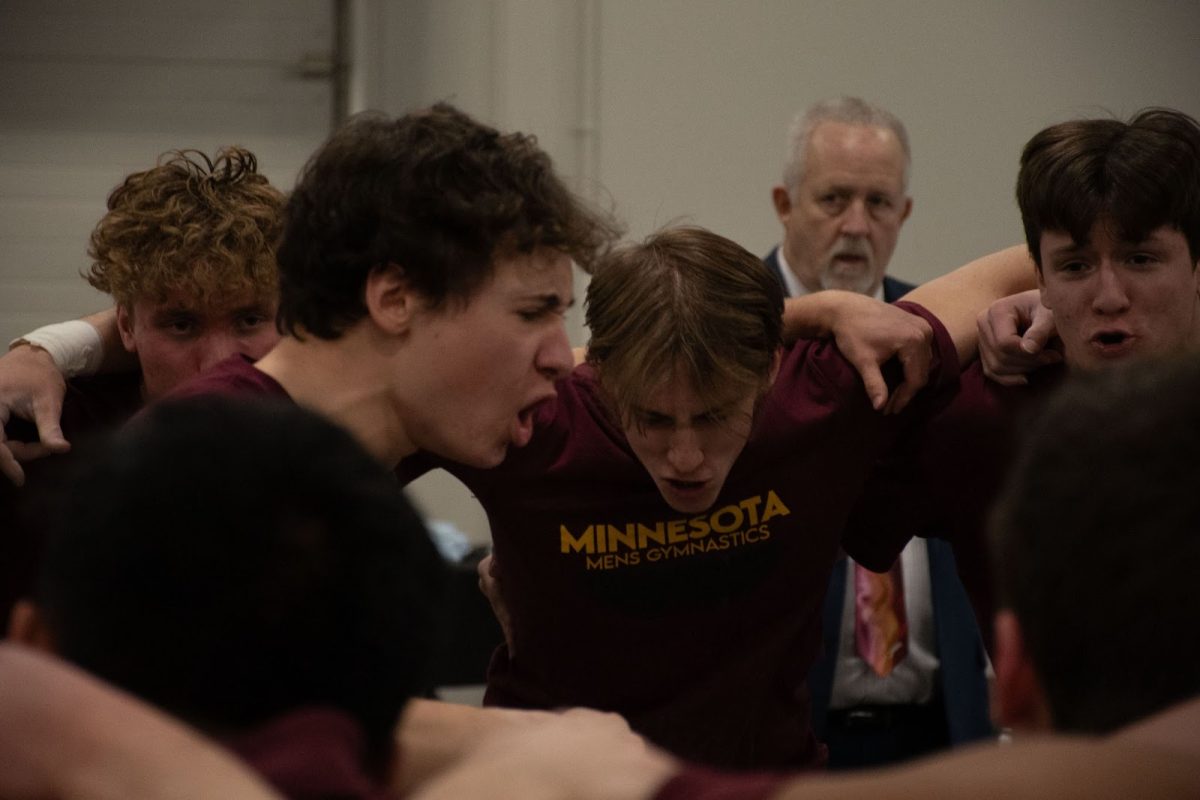Supposedly, many years ago, in a galaxy far, far away, commercial radio stations were known to expose their listeners to new, thought-provoking and often butt-shaking music. However, as any casual perusal of commercial radio today makes abundantly clear, the days of experimentation and risk taking in radio music programming are long gone.
Thankfully, not all communication mediums have failed in delivering inspired music selections. As avid fans of 3WK, Soma FM, and other Internet radio stations can attest, innovative Internet radio station programmers provide their listeners with alternative musical selections that invigorate, inspire and enlighten. And it is clear that Internet radio listeners like what they hear: Several recent surveys have found Internet radio listeners are much more likely to purchase music than nonlistening consumers.
However, recent misguided government action might stop small independent and nonprofit Internet radio stations, vernacularly known as Web casters, from operating. This summer, in fulfillment of the Digital Millennium Copyright Act, which granted record companies the right to collect royalties when their copyrighted works were played via Internet radio, the U.S. Copyright Office proposed a royalty rate of $0.0007 per song per listener retroactive to 1998. Even though this amount seems ridiculously small, imposing this rate would be the deathblow for most innovative, low-revenue Web casters. For example, a typical Web caster that averaged 1,000 listeners per hour per day would owe $252 per day under the Copyright Office’s proposal. Given that most small Web casters have little to no revenue, these rates would cause most Web casters to stop streaming immediately.
As a substitute to the Copyright Office’s proposed royalty rate, some small Web casters backed a House of Representatives’ bill that included a royalty payment system where small Web casters would remit approximately 5 percent to 10 percent of their annual revenues and up to $5,000 in annual fees retroactive to 1998 to the Recording Industry Association of America. While this bill passed in the House, a companion bill in the Senate was never voted on. However, earlier this week the Recording Industry Association of America indicated that they would be willing to except the house bill payment system until the Senate acts on the bill in the next legislative session. Unfortunately, while this alternative payment system will allow some small Web casters to continue operating, even this pared-down payment scheme might be too burdensome for many nonprofit and extremely low-revenue Web casters.
Even though the University of Minnesota-Twin Cities’ Radio K, KUOM, and University of Minnesota-Morris’ KUMM broadcast their signals with radio waves, their Internet streams make them beholden to Web caster regulation. Fortunately, the Corporation for Public Broadcasting has agreed to pay Radio K’s Internet streaming royalty fees. However, KUMM has no such agreement with the Corporation for Public Broadcasting, and the royalty payment scheme now in place could force KUMM and other similar college radio stations to stop their Internet broadcast streams. Provisions that allow nonprofit and extremely low-revenue Web casters and radio stations to continue streaming their signal while still respecting the financial rights of artists need to be included in the Senate version of the small Web caster bill or many music lovers and creative artists will no longer be able to connect.









